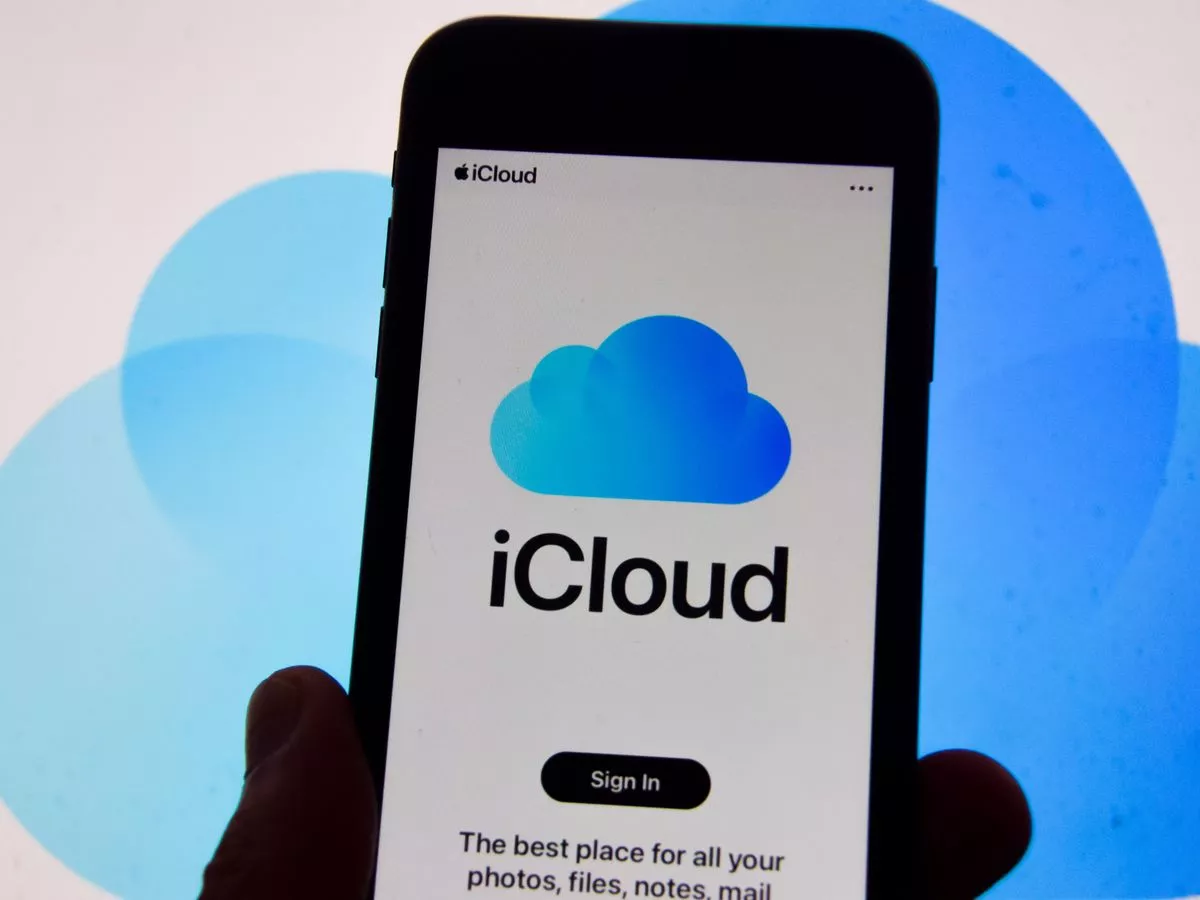By Eilidh Farquhar
Copyright dailyrecord

Apple users are being urged to remain on alert as a convincing email is making the rounds that claims users’ iCloud storage is full and that upgrades need to be made immediately. This is being done in a move to get customers to click onto corrupted links. Fraudsters will try any means necessary to convince innocent people into unknowingly allowing access to their devices and parting with their personal and financial data , with one of the most common techniques being impersonating popular brands. Many big name companies have been regular targets of cyber crooks, including Google and Microsoft, and Apple is no different. By impersonating the company, hackers hope that users will be more willing to follow their malicious links as they trust the company they believe is sending the email. This is the third time this year that Which? has warned tech users of these scam emails, which often look like they are from Apple’s iCloud service and include threats of suspension or files being deleted if the user does not take immediate action. Which? is urging Apple users to not click any of the links that are embedded in these emails as they will lead to dodgy phishing websites that will gather personal data. This can include your email address, name, phone number or financial details. All the emails currently circulating claim that either the recipient’s storage is full and that they will no longer be able to receive or send messages from their email or that their payment method has expired and these details need to be updated. Within these fake emails are malicious links that either “free storage space” or want users to “update your payment method”. Other emails found by Which? include more urgent warnings to scare people into clicking the dangerous links. One version of the email told customers they were at risk of losing their videos, photos and important files. In order to fix this, victims are told they must “upgrade today to keep your precious files and memories safe”. Another email offered customers an 80 per cent discount if they chose to upgrade their storage plan “now”, while another threatened that users will lose access to their account in 48 hours if they didn’t take action. Other variations included payment methods expiring and needing updated or suspicious activity taking place on the iCloud account that could lead to suspension. According to cyber security company Check Point, phishing scams that impersonated technology companies were the most common attack at the start of the year. Between January and March 2025, Microsoft was the most impersonated company which made up to a third of malicious emails at the time. Google was also a regular target with up to one in eight phishing attempts, while Apple wasn’t far behind with just under one in 10. For those unsure of how to spot a fake email, Which? has listed some common signs to lookout for that can keep you and your loved ones safe from attack and losing their personal data.



